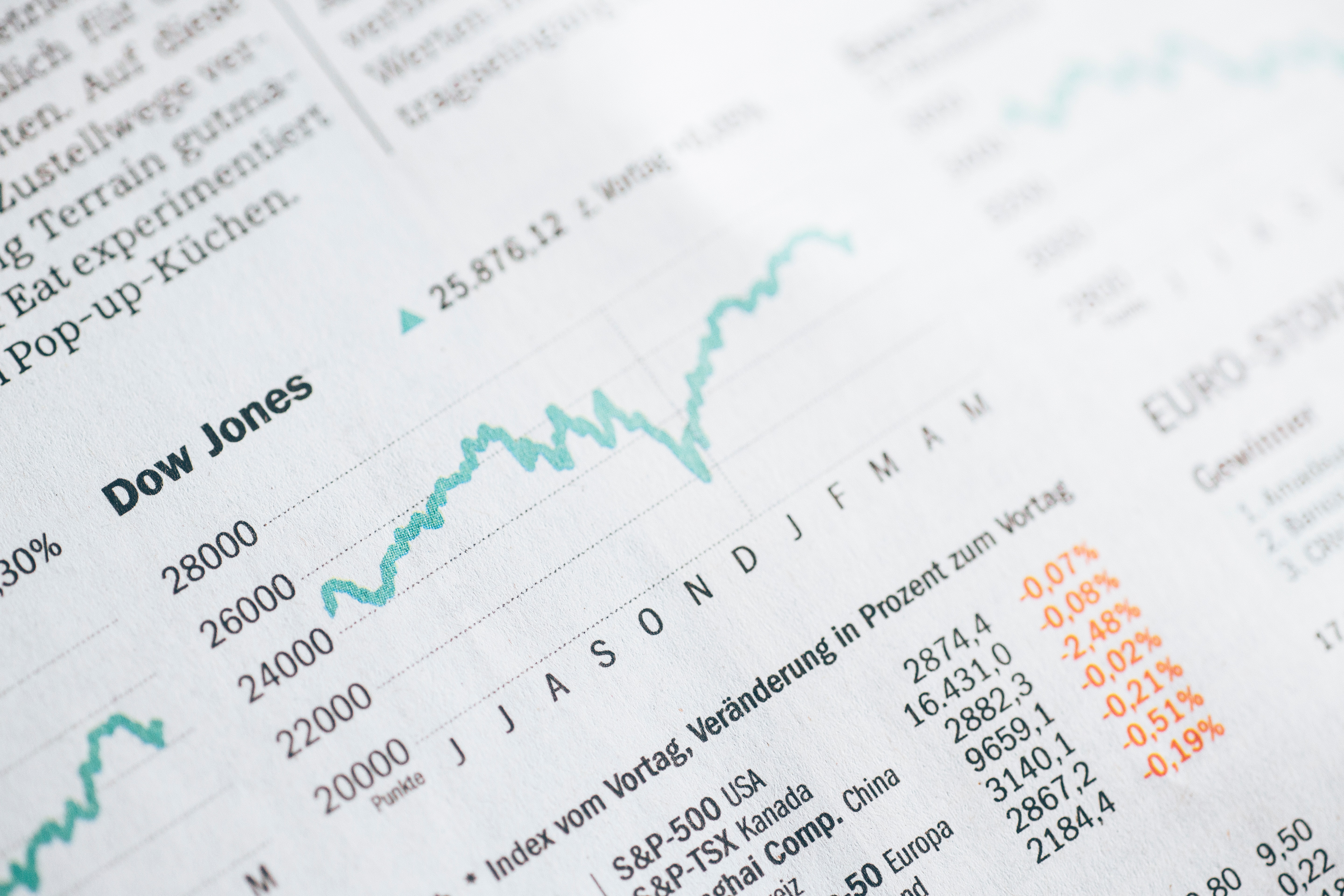Bayport Blog
What assets are, and are not
Published: 2020-10-06
Categories: financial literacy, Financial wellness
Tags: Debt, Financial education, Financial Health, Financial Literacy, Financial Tips, Investment, Managing your Money

The money gurus (not the get-rich-quick con artists) agree that only assets will get you to financial freedom. But understanding exactly what these assets are can be confusing.
Let’s unpack the issue of assets and get some answers.
What is an asset?
An asset is something that grows your wealth (or your nett asset value or nett worth). It’s a thing you currently own that can, and should, generate an income for you or that you can sell to generate income.
This explains why your home is not an asset until its value exceeds what you owe on it. While you are living in your home and still paying your mortgage, it’s not generating an income for you. In fact, it costs you money – you have to pay your mortgage, utilities, rates, and taxes, fix things when they break, and so on. However, if part of your home is also your office, or if you rent out a few rooms, then the picture changes.
The same explanation applies to your car, except that it’s even less of an asset than your home. While your home should increase in value over time, especially if you maintain and improve it, your car immediately starts losing value the second it leaves the showroom floor. No matter how carefully you drive it and how often you valet it, a car is not something that even holds its value, let alone grows in value over time.
It is, therefore, wise to think clearly and carefully about buying a car. Instead of splashing out on a status symbol, rather get something more modest and invest your money in real assets.
So what are real assets?
Here are some examples:
- Your pension fund, which is why you should carefully consider not cashing out your pension when you leave one job and go to another. Your pension fund increases in value over time due to compound interest and is only meant to be spent when you no longer earn an income.
- Investment properties, such a flat you own and rent out, either permanently or through a platform like Airbnb.
- Shares in companies, either directly or through investment vehicles, such as index tracker funds. By the way, you might think that you are not an investor, but if you have a pension fund, you are already investing in companies on the stock exchange.
- The cash you have in savings or investment accounts, which accumulate interest, especially if the return exceeds inflation.
- Art can be an asset, but only if it is something that increases in value over time. The same applies to jewellery, antique furniture, and collectables like stamps. However, you need to know your stuff if you want to invest in these assets.
Your most valuable asset
There is one asset we haven’t mentioned yet, and it is the most valuable one you have: yourself!
While you can’t put yourself on a balance sheet with a specific value, you have to understand that you are the only creator – or destroyer – of your wealth.
You should think about yourself as an asset because you can:
- Learn and adapt.
- Solve problems and find new ways to make cash.
- Keep your spending on track.
- Work and earn an income.
- Learn new skills and find new or better opportunities for earning.
- Grow your wealth by making financially savvy decisions.
- Get assets that earn you money for doing very little – whether it’s renting out that unused spare room or writing a book that’ll bring in royalties.
- Get yourself out of debt by creating and sticking to a good budget.
With this in mind, you should budget to invest in yourself just as you budget to put money in your other assets every month. For instance, by improving your financial knowledge, you can make better money decisions that will grow your assets faster. And by acquiring new skills or qualification, you can become more employable or develop the ability to start your own business or identify opportunities to create additional income streams. Even if you just learn to grow vegetables, you could boost your finances by spending less on fresh produce, becoming healthier and maybe sell some of your crops to your neighbours.
Building assets is exciting, especially if you track your progress by regularly measuring your net worth – the difference between your total assets and your total liabilities.
We are also fortunate to live in a time where we have access to loads of information. So come on, invest in your financial savvy, and see how your assets grow!
Go back